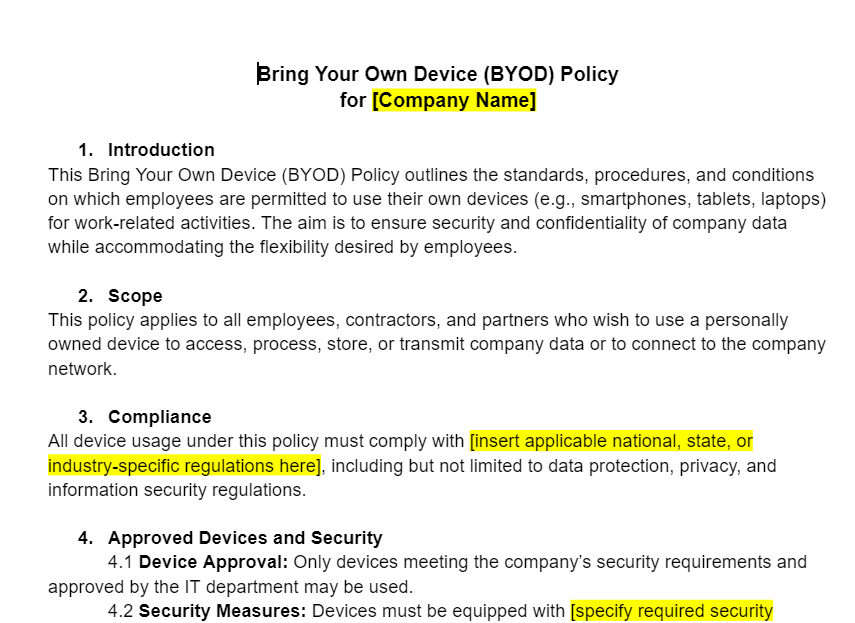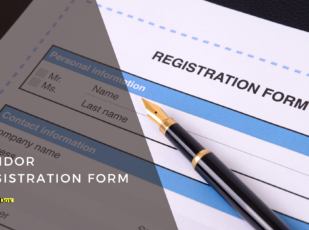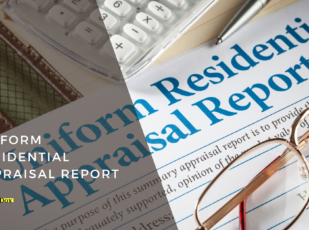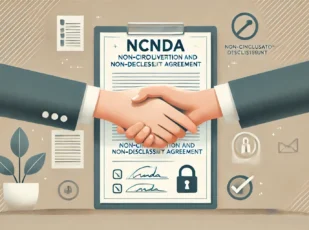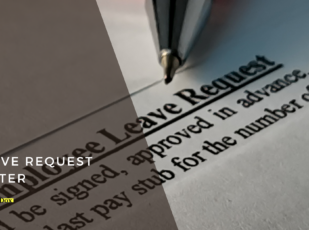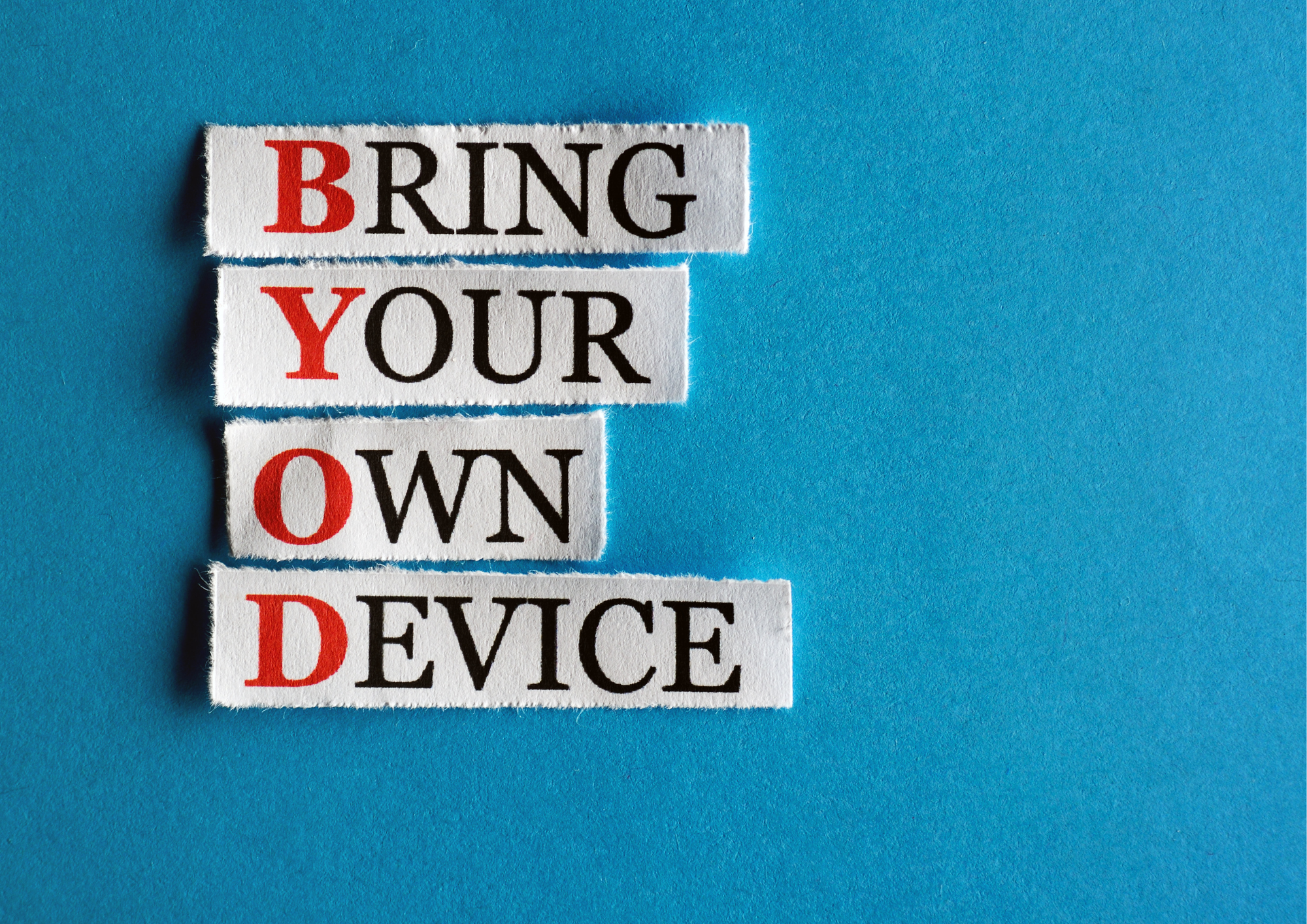
Bring Your Own Device (BYOD) Policy Template
13 Downloads
Administrative Law, Corporate
December 8, 2024
Sayantani Dutta
It is becoming increasingly popular to ask employees to bring their own devices to work. This policy is called Bring Your Own Device or BYOD. It offers several benefits in the fast-paced world we live in. Essentially, this policy allows employees to use their personal devices for work purposes, often increasing flexibility and productivity.
The merits and demerits of a BYOD policy alone, if you do decide to ask your employees to bring their laptops, smartphones, or other mobile devices to the workplace and use them to work on company data, you need a strict policy for this.
For example, if a personal device has malware that can hack into the connected company network, it can cause damages you cannot fathom yet. In this case, disciplinary action will be required—but if there is no policy to back it up, what will you do?
Implementing a BYOD strategy without a clear policy in place can backfire quickly. It can lead to significant security risks and management challenges. That is where a well-crafted BYOD Policy comes into play.
What is a Bring Your Own Device (BYOD) Policy?
A company’s BYOD Policy outlines the rules and guidelines for employees who use their personal devices for work-related activities. This applies to employees working in offices and those working remotely or from their homes. In broad strokes, the BYOD Policy defines what is permitted and what is prohibited. The core aim is to keep all company data secure while allowing employees the flexibility to work from their devices.
The task of balancing the need for security with the convenience of using personal devices is not easy. To do this, companies use a BYOD Policy and implement it for all purposes ranging from how to use messaging apps and what data plan to have to how to do authentication on your desktops and avoid accidentally leaking any sensitive company information.
Today, an operating system has become very advanced—whether it is Android, iOS, Windows, macOS, or Linux. But at the same time, bad actors have also become superior. They can breach all device security measures that your IT department might take a while to be able to fix.
Generally speaking, such a policy will cover:
- The scope and eligibility of the use of personal devices by clearly defining you is eligible to participate in the BYOD program and what devices are allowed.
- The security requirements and protocols, such as encryption, strong passwords, two-factor authentication, and so on.
- Any acceptable use clauses covering what constitutes acceptable and unacceptable use of personal devices for work.
- Privacy considerations such as outlining how the organization will respect the privacy of the employee’s personal devices while also ensuring that the company data is protected.
- Support channels such as the level of IT support provided for personal support.
- Any compliance and penalties explaining the consequences of violating the policy.
Why is a BYOD Policy Important?
If your employees are doing work for you, the company/employer, on their own personal use device(s), then a BYOD Policy is not only important but mandatory. The policy outlines the acceptable use of some company resources and lays down the groundwork for security. For example, the employee should keep their device password protected. This is a simple disclaimer but when you really think about it, it is an important rule that you must enforce.
If there is no password on the device, then the device can be compromised. A full-fledged hack is unlikely, but a lot of things can happen. The personal device might be going to a number of places and using a little social engineering, bad actors can gain access easily. Even accidents and mistakes can happen—like an employer responding to a phishing email or leaving their phone with someone else who can check sensitive communication.
And password protection is the most basic and first guideline. The policy needs to include a lot of guidelines and rules covering all bases—proprietary information, mobile device management, handling of personal data, provisioning apps, measures against unauthorized access, VPN use, anti-virus installation, corporate data security, permissions management, setting a strong password for work-related files and apps, the reimbursement of data-related expenses, legal advice on the steps to take if the personally owned device is lost, and so on.
The BYOD Policy is essentially a security policy for your employee’s device. Apart from just basic security tools and measures, the own device policy needs to cover a lot of protocols and use cases.
Consequence of Not Having a Good BYOD Policy
If you are operating a business where employees are using their own devices for work purposes without having an acceptable use policy or a BYOD Policy, or if you are relying on inadequate free templates found online, you are looking at serious repercussions.
Free templates often do not cover all legal or cybersecurity aspects specific to your organization. This leaves gaps that could be exploited by cyber threats. Furthermore, without a comprehensive policy, it is quite challenging to enforce any security measure or handle any incident involving personal devices—which could potentially lead to data breaches or loss of sensitive information.
No organization wants that. So, it makes perfect sense to invest in a good BYOD Policy drafted with legal precision and robustness.
FreshDox.com’s Bring Your Own Device (BYOD) Policy Template
Here at FreshDox.com, we understand the need for a solid BYOD Policy Template that can help you safeguard your company and employees. Our template is meticulously crafted by legal and cybersecurity experts to cover all necessary aspects of a comprehensive BYOD Policy. And unlike free templates that you will find littered online, FreshDox.com’s template is designed to be adaptable and 100% customizable based on your industry and organizational size. With our template, you will have a dependable foundation for your BYOD strategy.
When you sign up for FreshDox.com, you gain access to our extensive library of legal and business document templates. Additionally, we offer a 14-day trial period as well, which allows you to assess the value of our service. FreshDox.com has two plans—the Basic Plan allows up to three downloads a month and the Premium Plan offers unlimited downloads. Between these two plans, everyone from a growing business to legal professionals will have ample support.
A robust BYOD Policy is very important in our mobile-first work environment. So, with FreshDox.com, say yes to avoiding the pitfalls of inadequate policies! Our expertly designed BYOD Policy Template will help you establish a secure, flexibly BYOD strategy to protect your organization and empower your employees.
Popular searches:
- Bring Your Own Device (BYOD) Policy Template pdf
- Bring Your Own Device (BYOD) Policy Template sample
- Bring Your Own Device (BYOD) Policy Template download
- Bring Your Own Device (BYOD) Policy Template format
- Bring Your Own Device (BYOD) Policy Template template
- Bring Your Own Device (BYOD) Policy Template word
- Bring Your Own Device (BYOD) Policy Template free
Related Templates
Discover more templates that align with your needs and preferences.

Ready to Sign Up?
Sign up for FreshDox.com’s 7-day trial and discover why so many individuals and businesses trust us for their legal document template needs.
- Cancel any time
- 7-day free trial
- From 300+ Customer Reviews

